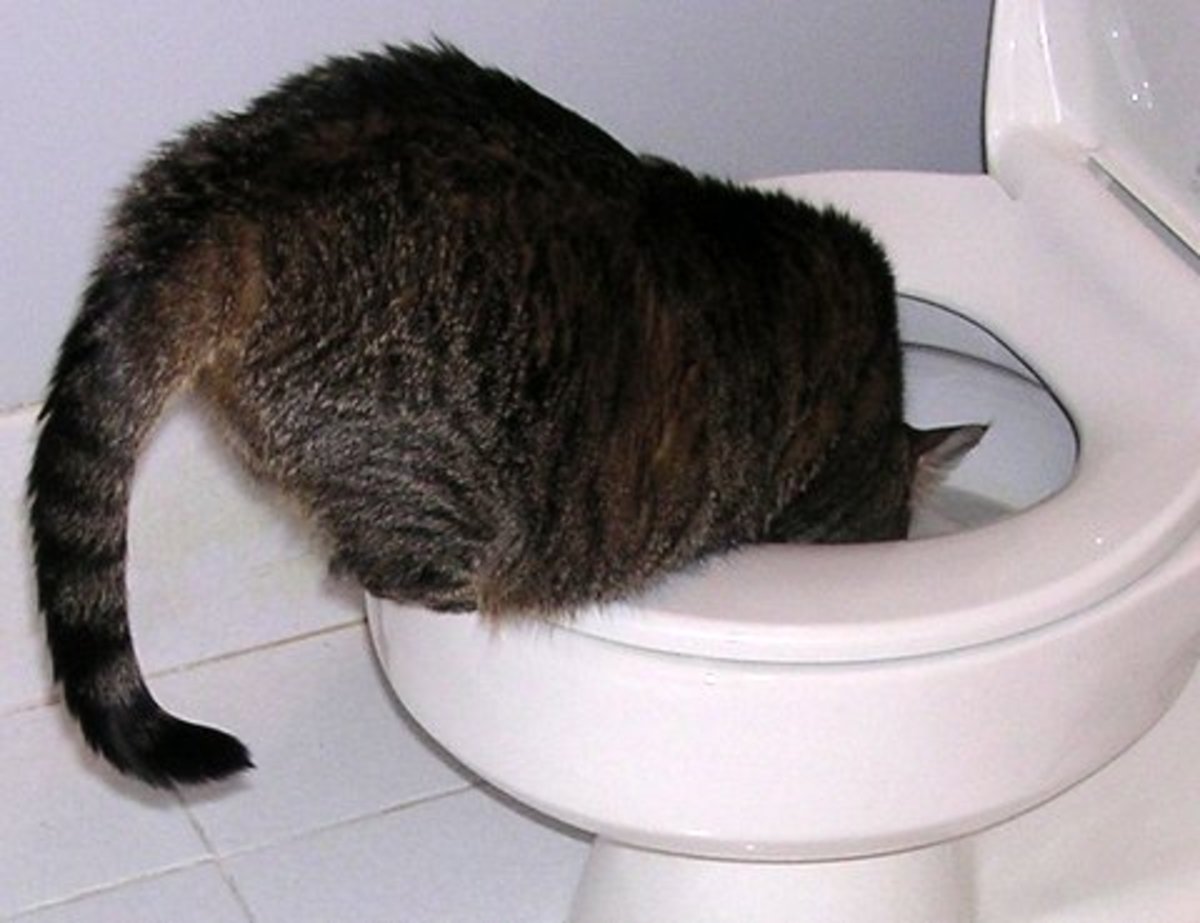Why Flushing Cat Poop Down Your Toilet Isn't a Good Idea - Tips for Proper Handling
Why Flushing Cat Poop Down Your Toilet Isn't a Good Idea - Tips for Proper Handling
Blog Article
Here down the page you will find lots of sound additional info when it comes to How to Dispose of Cat Poop and Litter Without Plastic Bags.

Intro
As pet cat proprietors, it's essential to be mindful of just how we get rid of our feline good friends' waste. While it may seem convenient to purge cat poop down the bathroom, this practice can have destructive repercussions for both the setting and human wellness.
Ecological Impact
Flushing pet cat poop introduces hazardous virus and parasites into the water, positioning a considerable danger to marine communities. These pollutants can adversely influence marine life and concession water quality.
Health and wellness Risks
Along with environmental worries, flushing cat waste can also posture wellness risks to humans. Cat feces may include Toxoplasma gondii, a parasite that can create toxoplasmosis-- a possibly severe illness, especially for pregnant females and individuals with damaged immune systems.
Alternatives to Flushing
Thankfully, there are more secure and a lot more responsible means to dispose of pet cat poop. Think about the complying with options:
1. Scoop and Dispose in Trash
The most common method of throwing away feline poop is to scoop it into an eco-friendly bag and throw it in the garbage. Make certain to utilize a committed trash inside story and get rid of the waste without delay.
2. Use Biodegradable Litter
Go with biodegradable pet cat litter made from materials such as corn or wheat. These trashes are environmentally friendly and can be safely thrown away in the garbage.
3. Hide in the Yard
If you have a yard, consider hiding pet cat waste in an assigned area far from vegetable gardens and water sources. Make certain to dig deep adequate to prevent contamination of groundwater.
4. Install a Pet Waste Disposal System
Invest in a pet garbage disposal system particularly developed for pet cat waste. These systems utilize enzymes to break down the waste, reducing smell and environmental impact.
Verdict
Accountable animal ownership prolongs past offering food and sanctuary-- it also involves proper waste monitoring. By refraining from flushing feline poop down the commode and opting for alternative disposal techniques, we can decrease our environmental footprint and protect human health and wellness.
Why You Should Never Flush Cat Poop Down the Toilet
A rose by any other name might smell as sweet, but not all poop is created equal. Toilets, and our sewage systems, are designed for human excrement, not animal waste. It might seem like it couldn’t hurt to toss cat feces into the loo, but it’s not a good idea to flush cat poop in the toilet.
First and foremost, assuming your cat uses a litter box, any waste is going to have litter on it. And even the smallest amount of litter can wreak havoc on plumbing.
Over time, small amounts build up, filling up your septic system. Most litter sold today is clumping; it is made from a type of clay that hardens when it gets wet. Ever tried to scrape old clumps from the bottom of a litter box? You know just how cement-hard it can get!
Now imagine just a small clump of that stuck in your pipes. A simple de-clogger like Drano isn’t going to cut it. And that means it’s going to cost you big time to fix it.
Parasitic Contamination
Believe it or not, your healthy kitty may be harboring a nasty parasite. Only cats excrete Toxoplasma in their feces. Yet it rarely causes serious health issues in the cats that are infected. Most people will be fine too if infected. Only pregnant women and people with compromised immune systems are at risk. (If you’ve ever heard how women who are expecting are excused from litter cleaning duty, Toxoplasma is why.)
But other animals may have a problem if infected with the parasite. And human water treatment systems aren’t designed to handle it. As a result, the systems don’t remove the parasite before discharging wastewater into local waterways. Fish, shellfish, and other marine life — otters in particular — are susceptible to toxoplasma. If exposed, most will end up with brain damage and many will die.
Depending on the species of fish, they may end up on someone’s fish hook and, ultimately on someone’s dinner plate. If that someone has a chronic illness, they’re at risk.
Skip the Toilet Training
We know there are folks out there who like to toilet train their cats. And we give them props, it takes a lot of work. But thanks to the toxoplasma, it’s not a good idea.

I came across that blog posting on Don’t flush cat feces down the toilet when doing a lookup on the internet. Sharing is good. You never know, you could be helping someone out. Thanks so much for your time invested reading it.
Call Today Report this page